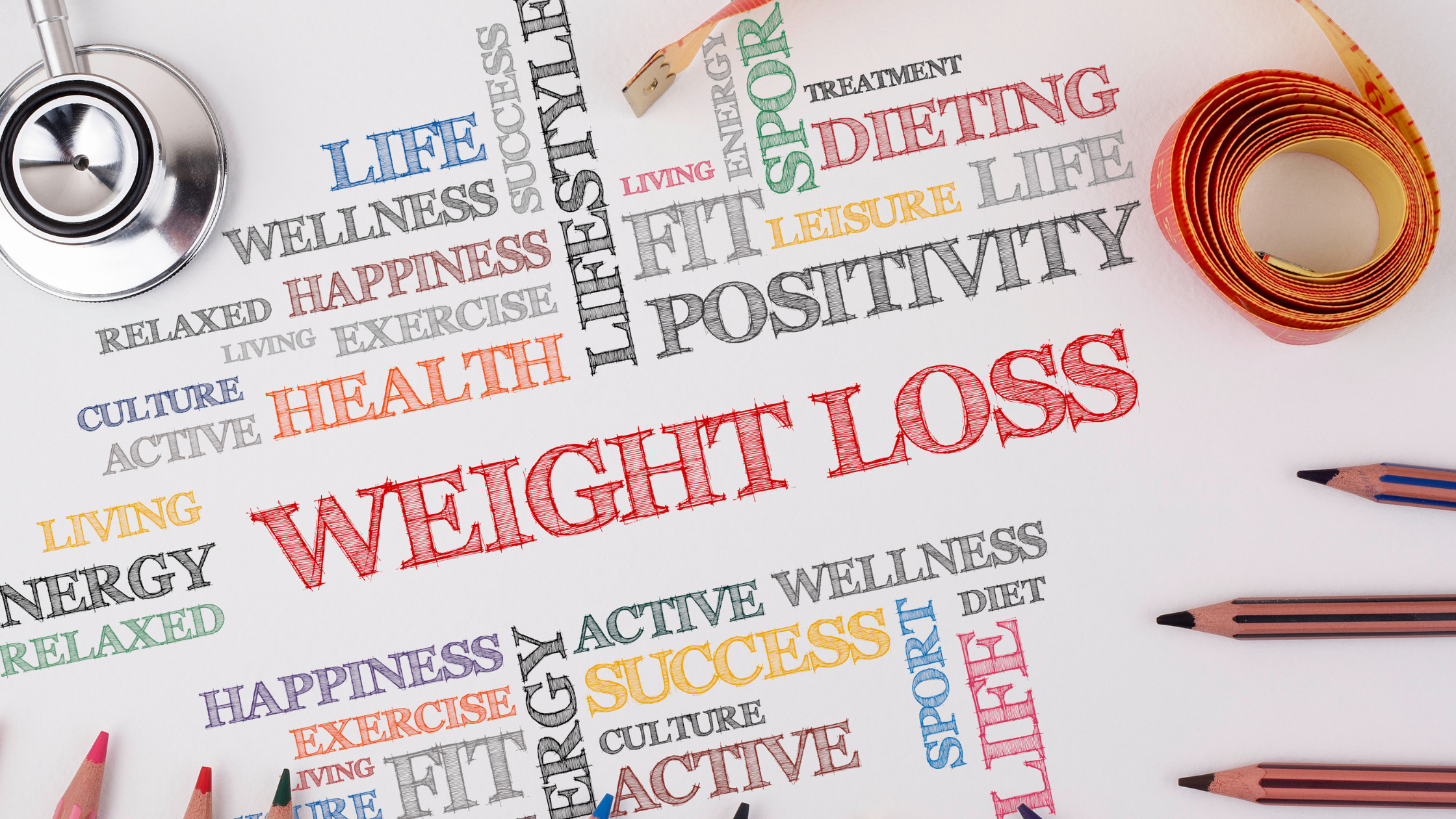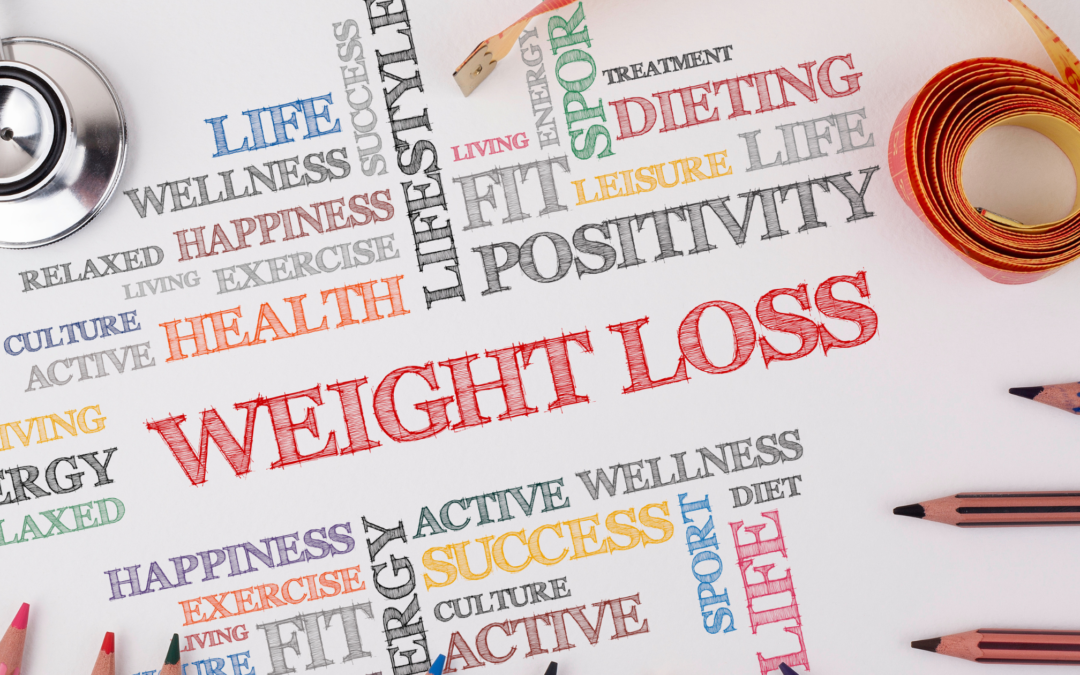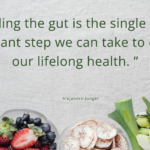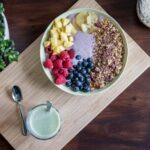The weight loss industry in Australia, now exceeding $483 million and expected to balloon globally to $722 billion by 2028, mirrors a growing concern among Aussies, especially women. With 67% of adults grappling with overweight or obesity—a figure that spikes to 73% among those aged 65-74 —the urgency for a genuine solution has never been clearer. This crisis points to a broader issue: our disconnection from the essence of nourishment, swayed by an industry skilled at marketing processed “food-like products” over whole foods. The same industry also glorifies happiness, health, and confidence based on celebrity trends and perceived ideals in body size and body shape.
Wholistic weight loss, a concept gaining traction, proposes a refreshing approach. It emphasizes nourishing the body, mind, and soul in harmony, urging us to rethink not only our dietary choices but our lifestyle habits too. This method is not a one-size-fits-all fad, but a personalised journey toward complete well-being.
Key Pillars of Wholistic Weight Loss:
Simplified Back to Basics Nutrition:
The path to better health is through simpler, whole-food-based diets. Unprocessed foods, eaten as fresh, seasonal, and local as practical. This doesn’t mean adhering to strict and complex diet plans but rather going back to basics. Think fruits, vegetables, lean proteins, and whole grains. These foods are not only nutrient-dense but also more satisfying, which can help reduce the tendency to overeat. Australian native foods, or “bush tucker,” such as Kakadu plums, macadamia nuts, and lemon myrtle, are not only rich in nutrients but also in history and culture. Incorporating these indigenous foods into your diet can connect you to the land and the wisdom of its traditional custodians. Eat a rainbow of colors when it comes to your meals. The more variety of whole foods in your diet, the greater the spectrum of nutrients your body can top up in a day.
Physical Activity- Find Movement You Love:
Exercise is a foundation for health, and may support any balanced weight loss effort. It’s important to remember that it doesn’t have to be a chore, and more isn’t always better. Exercising harder and longer won’t necessarily equate to more weight loss and can’t undo poor choices in other areas of your lifestyle. The key is finding physical activities you enjoy. Remember, consistency is more important than intensity. Regular moderate activity is more beneficial and sustainable in the long run than sporadic high-intensity workouts.
Along with being consistent, it’s also helpful to observe the role your hormones and your menstrual cycle have in your exercise routine and fitness gains. Bring awareness to timing different movement styles and intensities at different times in your cycle and find a natural groove that suits you personally. For example, you might enjoy higher intensity exercise in the first half of your cycle, and more strength and resistance training around mid-cycle followed by low intensity, like walking or yoga when you are pre-menstrual or on your period. When you move into other hormonal life stages around perimenopause and menopause, you may need to renegotiate your routine and daily habits to best support the hormone and body changes that go with them.
Mental and Emotional & Spiritual Balance:
Tackling stress and fostering a positive self-image are foundational to sustainable weight loss. Stress, anxiety, and depression can inhibit weight loss through emotional eating, and the biochemistry, hormonal, and brain chemistry messages that are created in these states. Find the way towards balance that suits you best, whether it be counseling, mindfulness practices, journaling, meditation or simply talking it out with a friend.
When you are ready to go deeper, consider also the spiritual component of excess body weight. What if you were to entertain the fact that at birth you did not have all the layers of influence from the outside world that has shaped your image of yourself today? Who were you and what did you want, before all those opinions, fears, and external interference chipped away at your complete joy and confidence? While you can’t change what happened in the past, you absolutely can make a new choice for your future and decide what you are willing to accept and commit to what you are ready to release and let go of.
Create an Environment that Supports You:
Surrounding yourself with a supportive community can provide the encouragement needed to persist on any health journey. When the going gets tough, or your resolve on new decisions starts to waver, you need a checkpoint to keep your steering in the right direction. This is not just about accountability and willpower, this is about knowing yourself – your strengths and weaknesses and being willing to ask for and accept help. It’s about having a buddy who knows you well enough to be aware of your new empowered choices, and personal goals, and will help steer you back on track, should you lose your way.
Weight loss is a journey, not a destination.
Being healthy is not about a final point where you hit an “ideal” number on the scales. It’s a constant learning process and reflection exercise. Understanding your body and your mind, understanding what is right for you individually, and realising that you can’t copycat anyone else, because you are unique. Know the foundations of health and how they apply to you, so you can build the system, routines and behaviors that come naturally, and align with you. Real food, real honesty, real awareness of true self, and a wholistic goal that suits you; not what “the data”, vogue magazine, or your mother says! Self-love and forgiveness are just as important as integrating nourishment, enjoyable physical activity, mental well-being, and community support. You’re not just releasing body fat that holds you back, you are gaining a richer, more connected life.
The road to weight loss is a personal one, but it doesn’t have to be walked alone. Embrace this wholistic journey not just for a number goal, but for a deeper connection with yourself and your environment. Your balance, your way.
Read more about Personalised Nutrition with The Metabolic Balance Program




